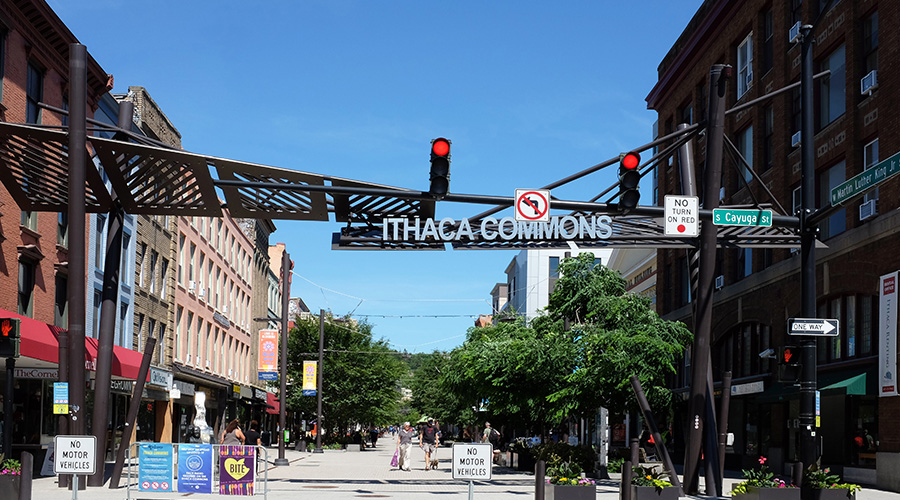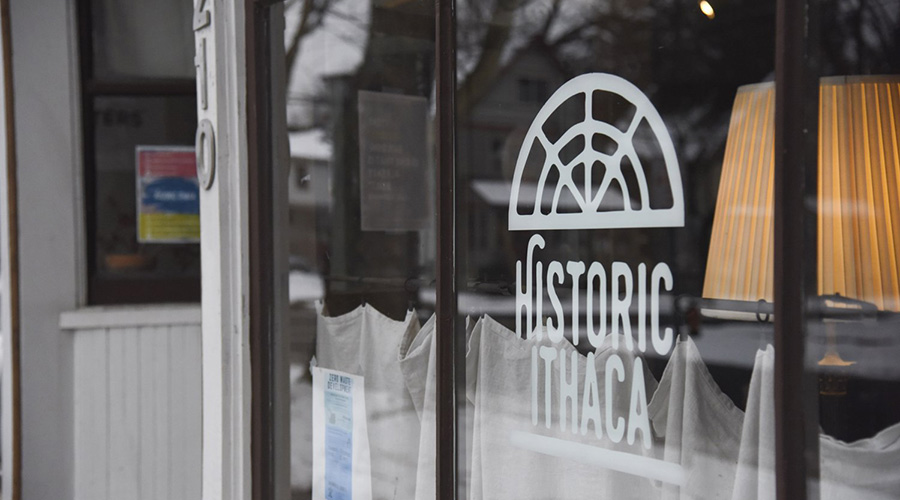Simple Conservation and Scale-Back Practices Help State of Pennsylvania Achieve Energy Goals
An aggressive energy conservation program has led to a 10-percent reduction in energy consumption, or $1.6 million in savings, according to the state’s Department of General Services.
By CleanLink Editorial Staff
An aggressive energy conservation program has led to a 10-percent reduction in energy consumption, or $1.6 million in savings, according to the state’s Department of General Services.
"By replacing incandescent lighting with fluorescent bulbs, eliminating non-essential appliances, turning off power when it's not needed and creating standard office temperature settings, we have dramatically reduced our energy use," says Creedon. "We are not done, however. Our goal is to realize an energy savings of 20 percent by the year 2011."
Through a 2004 executive order, Governor Edward G. Rendell placed DGS in charge of an energy management and conservation campaign for state-owned facilities. The order required long-term planning for reduced consumption by every executive-branch agency.
DGS implemented a series of energy conservation measures throughout state-owned and non-state-owned, or leased, facilities. Employees were asked to remove non-approved electrical devices, including personal toasters, popcorn makers, hair dryers, curling irons, space heaters, refrigerators, lamps, clocks and radios. Energy-efficient fluorescent lighting is replacing incandescent
lighting throughout the buildings. Additionally, every other light bulb has been removed in overhead lighting fixtures and lights have been turned off in many vending machines.
Employees are also being encouraged to turn off office lights and use as much natural light as practical. They are also being asked to turn off equipment - including computers, copiers and calculators - when they are not using them, and especially at the end of the work day and during weekends and holidays. Additionally, most offices are being vacuumed weekly instead of daily.
Where practical, office temperature settings are now 74 degrees in the summer and 68 degrees in winter. This excludes areas that have unique environmental needs.
Wendell F. Holland, commissioner of the Pennsylvania Public Utility Commission (PUC) says the PUC is working to provide innovative tools to empower and educate consumers to reduce energy use and save money. The goal is to adopt recommendations this spring that will allow consumers to decrease energy use through reasonable, cost-effective energy efficiency, demand-side response and advanced metering programs.
"The PUC hopes to build on existing programs that help consumers reduce their energy usage, lower energy bills and enhance electric reliability," says Holland. "We also are working to educate consumers about simple changes in habits that can save energy and, in the end, money."
Related Topics:











